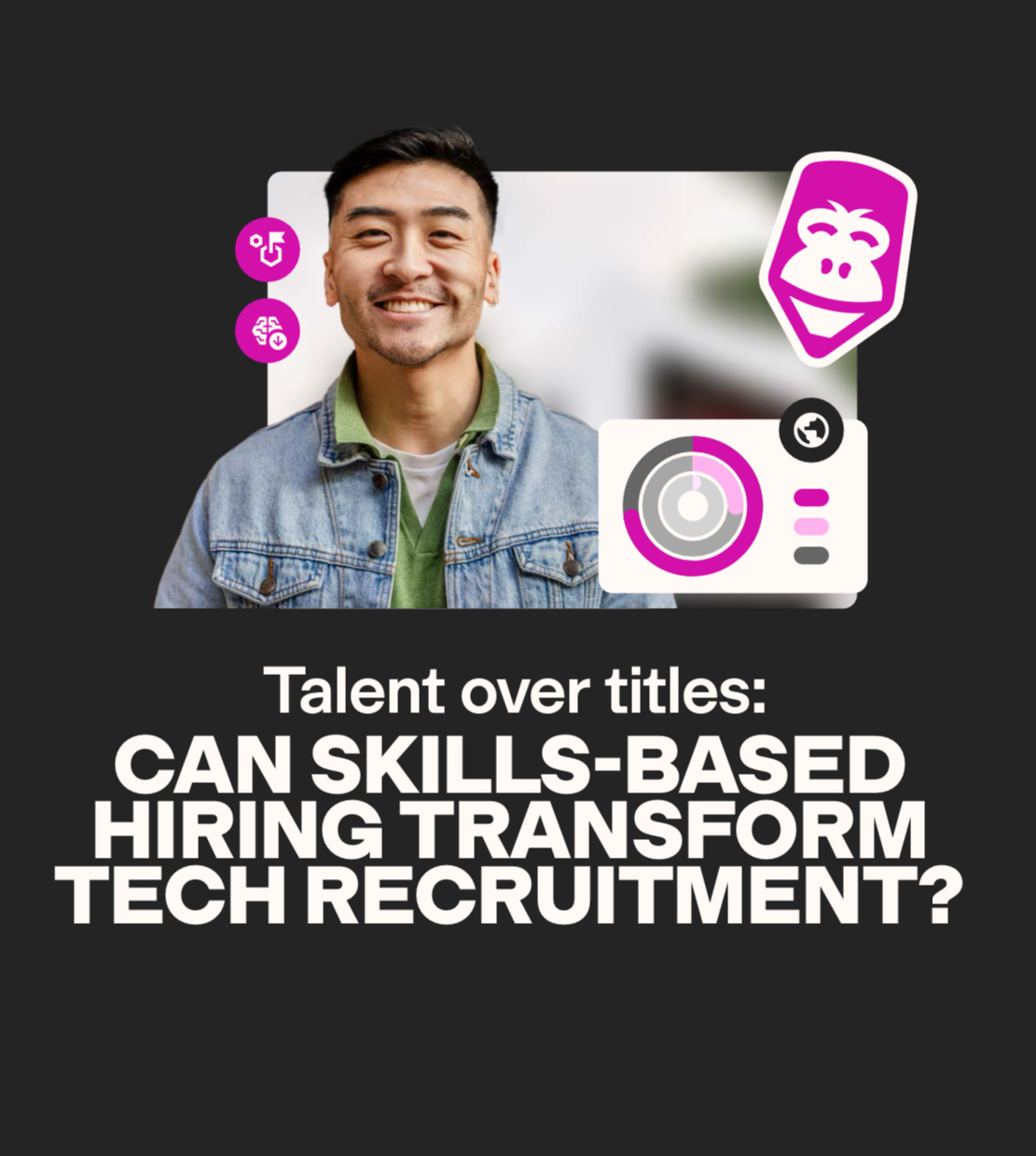
The report, “Talent Over Titles: Can Skills-Based Hiring Transform Tech Recruitment?”, published by TestGorilla in 2024, focuses on how skills-based hiring is reshaping industries, with significant implications for education and higher education policy. Below are some key points contextualized for the education sector:
1. Skills-Based Hiring: A Growing Trend
The report highlights how skills-based hiring is becoming the preferred recruitment strategy in the tech sector, with 88% of tech companies adopting this approach in 2024. This trend emphasizes a shift away from traditional degree requirements toward prioritizing demonstrable skills, often assessed through targeted tests and assignments.
The implications for higher education are twofold. First, traditional degree programs may face increasing scrutiny as employers rely less on academic credentials and more on specific skills. Second, colleges and universities need to adapt curricula to align more closely with labor market demands, emphasizing skill acquisition and practical application.
2. Challenges for Higher Education Institutions
As the demand for skills-first hiring grows, higher education institutions (HEIs) may encounter challenges in demonstrating the value of traditional degrees. Key issues identified include:
• Misalignment Between Curricula and Job Market Needs: The report stresses that industries, particularly tech, require job-ready skills that are not always emphasized in degree programs.
• Emerging Competitors to HEIs: The rise of alternative credentialing platforms, online certifications, and boot camps presents a competitive challenge to traditional higher education providers.
3. The Role of Credentials and Alternative Pathways
The report underscores the growing importance of alternative credentials such as micro-credentials, certifications, and apprenticeships in bridging the gap between education and employment. Examples include:
• Coding Boot Camps: These provide targeted skills training in programming and software development, bypassing traditional degree pathways.
• Earn-and-Learn Models: Apprenticeships and work-based learning programs allow individuals to acquire skills while gaining practical experience.
Policy Recommendations for HEIs:
• Collaborate with employers to embed recognized credentials into degree programs, ensuring students graduate with both academic and practical qualifications.
• Expand partnerships with credentialing platforms and integrate these into higher education curricula.
4. Diversity and Equity in Skills-Based Hiring
The report identifies significant potential for skills-based hiring to improve diversity and equity:
• 93% of tech employers using skills-first approaches report improved diversity.
• Skills-based hiring helps mitigate biases associated with degree requirements, which can disproportionately exclude individuals from underrepresented groups.
Relevance for Higher Education:
• Universities must explore how admissions and educational outcomes can align with skills-first principles to address systemic inequities.
• Creating pathways for non-traditional students, including those entering or re-entering higher education later in life, is critical.
5. The Role of HEIs in the Future Workforce
The report notes that the tech sector workforce is projected to grow twice as fast as the overall U.S. workforce in the next decade. As skills-based hiring becomes dominant, higher education institutions must consider:
• How to Prepare Graduates: Integrating employability skills, work-based learning, and problem-solving into degree programs.
• Upskilling and Reskilling Needs: Developing flexible lifelong learning programs for graduates and mid-career professionals.
6. The Need for Multi-Measure Assessment Models
The report emphasizes the importance of multi-measure testing, which assesses multiple competencies through role-specific tasks, cognitive tests, and work samples.
Policy and Educational Insights:
• Universities should incorporate multi-measure assessments into academic programs to mirror the hiring practices of top employers.
• Testing frameworks used in education can inform employer practices, creating a feedback loop between education and employment sectors.
7. Recommendations for Policymakers and Educators
The report offers several actionable insights for higher education and policymakers:
• Curriculum Reform: Ensure that academic programs are updated regularly to reflect changing industry needs, particularly in fields like technology and data science.
• Promote Partnerships: Encourage collaborations between HEIs, employers, and credentialing platforms to co-design programs that meet workforce demands.
• Strengthen Community College Pathways: Recognize the role of community colleges in delivering skills-based training and create clear pathways for transfer to four-year institutions.
• Enhance Data Collection: Invest in tracking graduate outcomes to better understand the impact of skills-focused education on employment.
In conclusion, the “Talent Over Titles” report offers a roadmap for higher education to align with the changing dynamics of the labor market. Skills-based hiring presents both challenges and opportunities for HEIs. By embracing curricular innovation, alternative credentialing, and partnerships with employers, higher education can ensure it remains a vital part of the skills ecosystem.
Higher education institutions must act decisively to integrate these insights, ensuring graduates are equipped with the skills they need to succeed in a rapidly evolving workforce.
